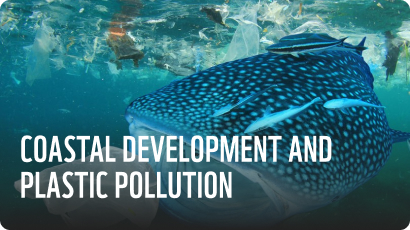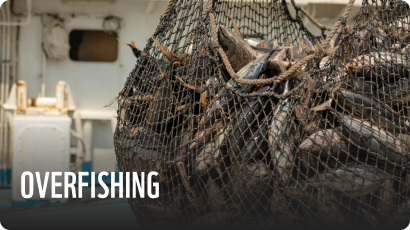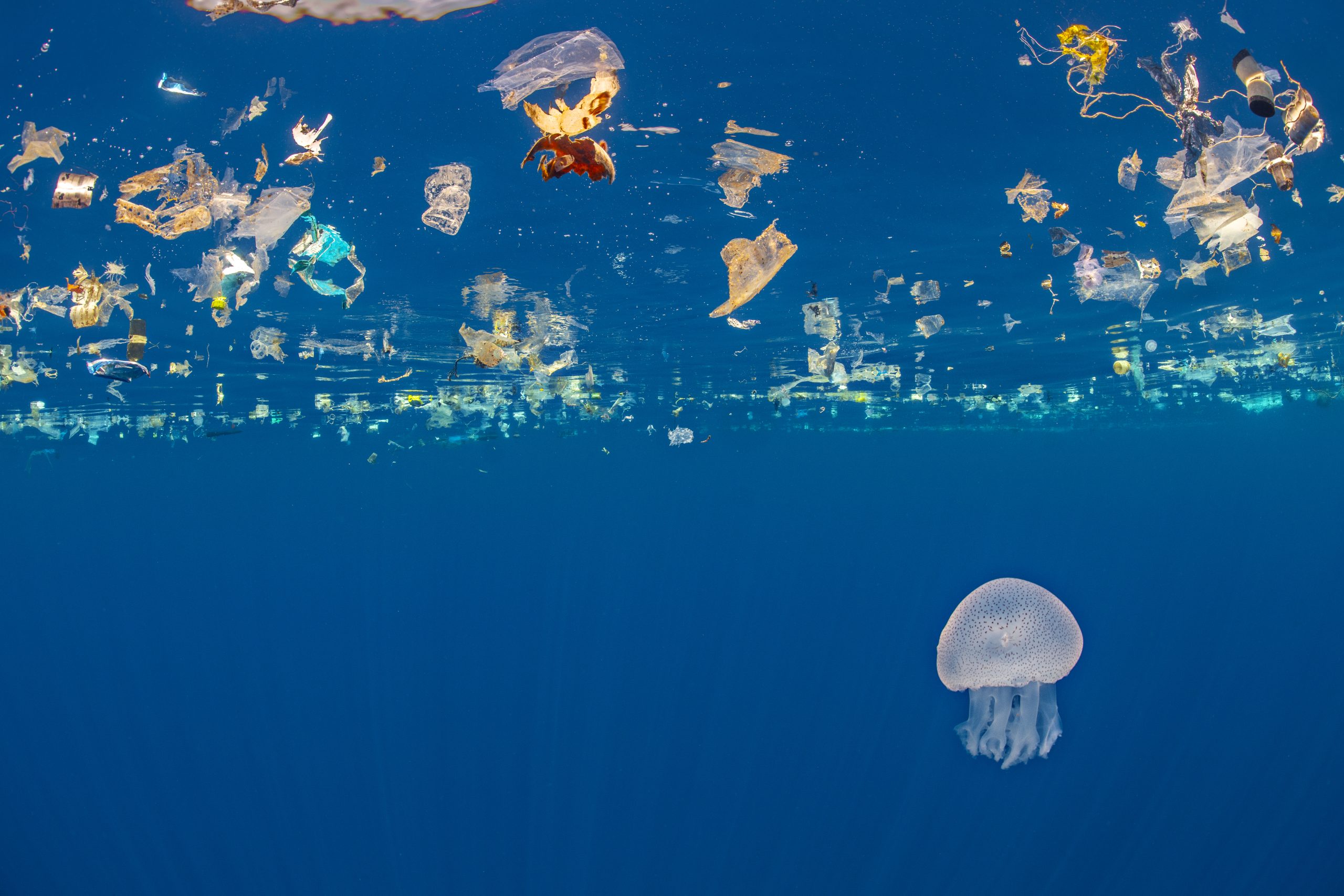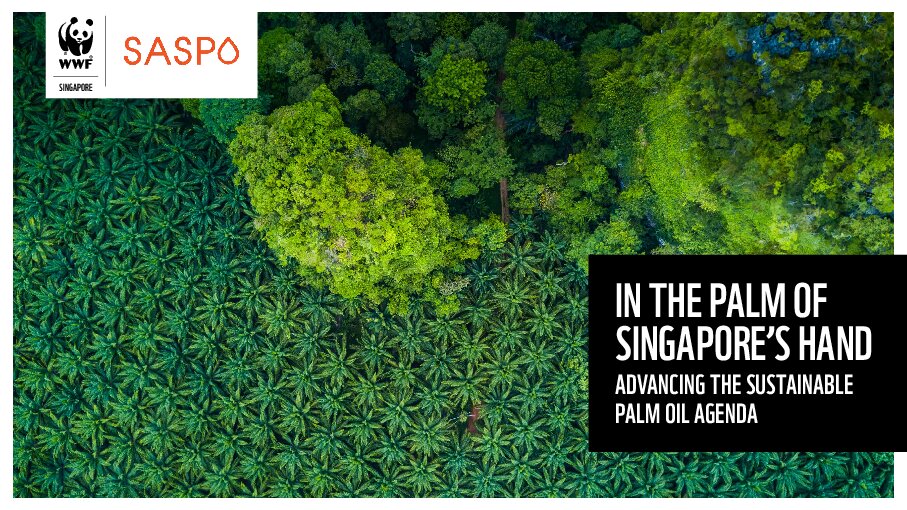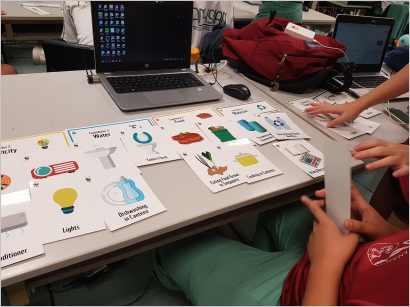By 2030, WWF aims to conserve and effectively manage at least 30% of coastal and marine ecosystems.
Singapore Karimata Straits
Modal Title
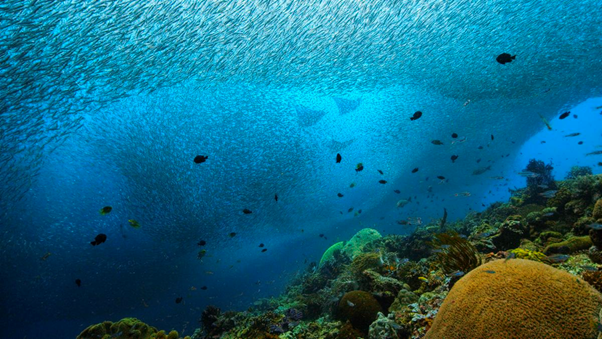
Singapore Karimata Straits
The Singapore-Karimata Straits is a large marine ecoregion that includes both the waters around the Singapore











